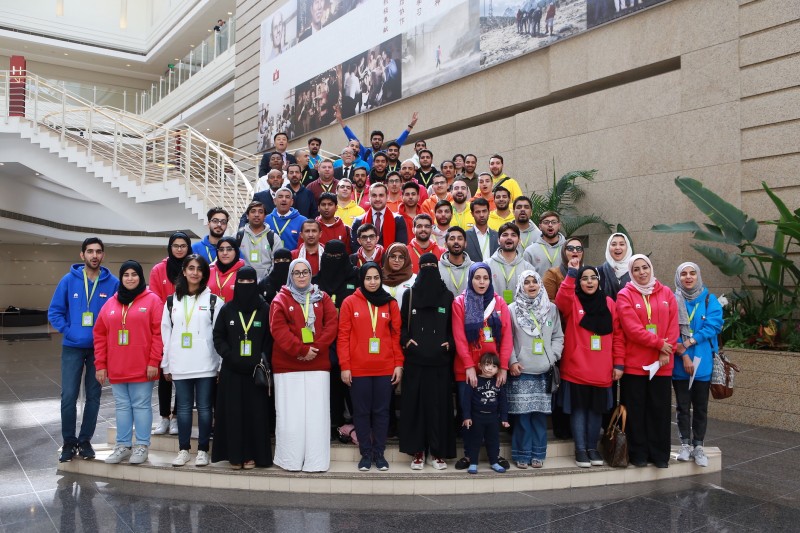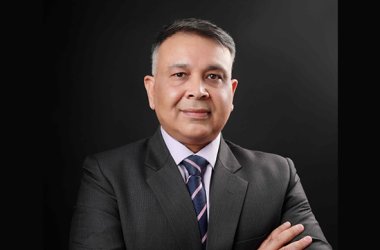
Thirteen teams of students from across the Middle East have won prizes at Huawei’s International ICT Skill Competition finals this week.
The winners were selected following five months of qualifying rounds that saw participation from 10 countries in the Middle East.
Their prizes were awarded at the ICT Talent Cultivation & Award Ceremony in Shenzhen.
Launched in August 2017, and in partnership with 14 government ministries, the Huawei Middle East ICT Skill Competition aims to unearth and cultivate the region’s finest ICT talent, bringing together more than 10,285 students from 121 educational institutions.
The 13 finalist teams had the opportunity to learn from Huawei’s ICT on an all-expense paid trip to the firm’s headquarters in China.
Participants worked in laboratories and tackled some of the industry’s most complex challenges related to cloud computing, switching, routing, and other key ICT solutions and technologies related to digital transformation.
The finalists competed in day-long finals, participated in a technology workshop led by ICT experts, and witnessed a high-level panel discussion by senior delegates from eight Middle East countries to China.
First prize went to a team from Lebanon, second prize went to two teams from Pakistan, while the third prize was awarded to three teams from Bahrain, Jordan and Oman.
Six tutors and five academic institutions received the Excellent Tutor and Excellent Academy Awards.
“Building a pool of high quality ICT talent is a critical success factor for governments aiming to transition to knowledge-based economies,” said Charles Yang, President, Huawei Middle East. “As one of the world’s leading innovators, knowledge transfer has always a core pillar of the Huawei ethos. Combining this with our commitment to support governments in the region as they work towards achieving their national vision goals, we are proud of the ICT Skill Competition and all that it has achieved over the past five months. The platform has demonstrated beyond a doubt that the young talent in the region has the potential to mature into world-class experts. Today, we re-dedicate ourselves to working even more closely with students across the region to better equip the next generation of technology leaders.”
Along with Yang, senior representatives from participating countries’ embassies and consulates attended the award ceremony, in addition to other high-ranking government officials which included Ding Lianpu, Director of the Centre for China-Foreign People-to-People Exchanges in China’s Ministry of Education, Professor Zhao Jianhua, deputy director for the International Centre for Higher Education Innovation at UNESCO, Chen Lifang, corporate senior vice president of Huawei Technologies, and Simon Lacey, vice president of Huawei Global Government Affairs Department.





